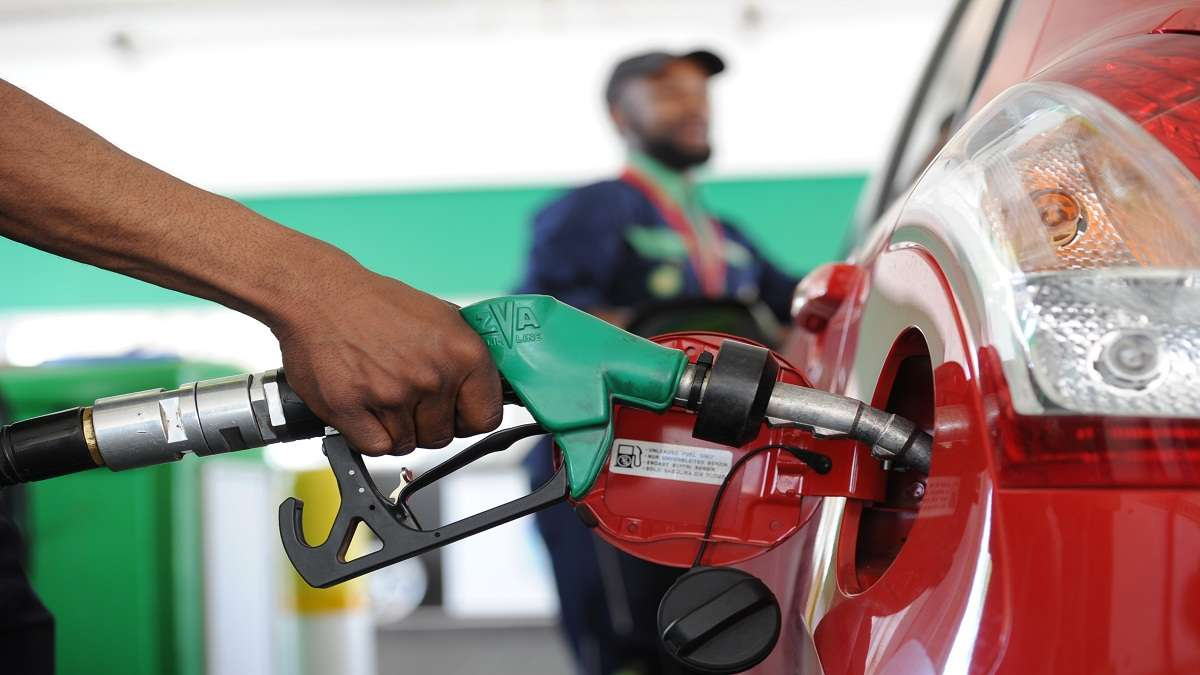BUSINESS

FUEL PRICES, POWER SUPPLY AT RISK AS PENGASSAN BEGINS INDEFINITE STRIKE
Nigerians may face tougher times as the nationwide strike declared by the Petroleum and Natural Gas Senior Staff Association of Nigeria (PENGASSAN), which begins today (Monday), threatens to unleash a double blow of higher petrol prices and widespread power outages.
The union’s order to halt crude oil and gas supplies to the Dangote Petroleum Refinery has rattled the energy sector, with oil marketers warning of severe disruptions in fuel distribution. The move is expected to tighten supply in the domestic market, driving up demand and prices.
In addition, power generation companies (GenCos) have announced the shutdown of all thermal plants, which provide more than 70 per cent of Nigeria’s electricity. This development risks plunging the country into darkness, crippling businesses, and worsening hardship for millions—unless the Federal Government intervenes.
PENGASSAN announced on Sunday that the strike would commence at 12:01 am on Monday, September 29, 2025, with all members directed to stop services across offices, companies, institutions, and agencies. Members stationed at field locations were told to down tools as early as 6:00 am on Sunday, September 28, and begin a continuous prayer vigil. The decision followed the dismissal of more than 800 Nigerian workers at the Dangote Refinery.
In a statement signed by PENGASSAN General Secretary, Lumumba Okugbawa, the union accused the refinery of violating Nigerian labour laws and International Labour Organisation conventions by sacking workers who had joined the union and replacing them with foreigners.
“All processes involving gas and crude supply to Dangote Refinery should be halted immediately,” the resolution read. “All IOC branches must ramp down gas production and supply to Dangote Refinery and petrochemicals.”
The union also alleged that military personnel had blocked its members from cutting gas supply to the facility. PENGASSAN President, Festus Osifo, said during a televised interview on Sunday that the Minister of Labour and Employment, Muhammad Dingyadi, had summoned both parties to an emergency meeting.
Osifo confirmed that the strike directive had already shut down the refinery and fertiliser plant, though the diesel plant was still running as of Sunday evening. He warned there would be no compromise unless the sacked workers were reinstated.
Marketers, GenCos raise alarm
The Independent Petroleum Marketers Association of Nigeria (IPMAN) cautioned that the strike could destabilise fuel prices, discourage investment, and worsen electricity supply.
“There is no market stability and no return on investment,” IPMAN National Publicity Officer, Chinedu Ukadike, said. “Disruption of crude and gas supply will trigger fuel price hikes and worsen power shortages.”
He warned that marketers might be forced to consider importing products, which would require the government to issue import licences to members of the Depot and Petroleum Products Marketers Association of Nigeria (DAPPMAN) to cover the shortfall.
Ukadike urged the Minister of Petroleum to cut short his foreign trip and urgently return home to resolve the crisis.
Similarly, the Executive Secretary of the Association of Power Generation Companies (APGC), Joy Ogaji, confirmed that gas suppliers had instructed thermal plants to shut down.
“Thermal GenCos have received notification from our gas suppliers to halt operations following directives from PENGASSAN. Hydros alone cannot sustain the grid,” she warned, adding that the Escravos-Lagos Pipeline System II had already been shut.
Stakeholders demand peace
Consumer advocacy groups and stakeholders have called for dialogue to prevent escalation. The Forum of Concerned Nigerian Consumers accused PENGASSAN of “politicising” the country’s fragile energy sector and warned that the action could push Nigeria back into fuel scarcity.
Forum President, Olabisi Taiwo, urged the Federal Government and security agencies to intervene, describing the strike as a “desperate attempt” to undermine a multi-billion-dollar facility.
The Nigerian Independent System Operator also expressed concern, warning that prolonged disruption in gas supply could weaken the national grid and lead to collapse.
TUC backs PENGASSAN
The Trade Union Congress (TUC) has thrown its weight behind PENGASSAN, condemning the refinery’s management for what it described as violations of workers’ rights. TUC Secretary-General, Nuhu Toro, demanded the reinstatement of the dismissed workers, a public apology, and an independent probe. He also placed all affiliates on red alert for possible nationwide action.
Meanwhile, the Minister of Labour and Employment, Muhammad Dingyadi, appealed to the union to suspend the strike in order to allow dialogue. The Nigerian Upstream Petroleum Regulatory Commission also urged both sides to embrace negotiation.
Dangote responds
Reacting to the development, the Dangote Refinery accused PENGASSAN of sabotage and pursuing selfish interests, describing the strike order as “reckless and dangerous.”
The company maintained that the dismissals were due to safety and efficiency concerns, not anti-union victimisation, insisting that over 3,000 Nigerians remained employed at the facility.
“The Dangote Group is the highest employer of labour in Nigeria and one of the largest contributors to tax revenues,” the company said. “PENGASSAN should publish its audited accounts and show its contributions to national development.”
Looming economic test
With the refinery and fertiliser plant already shut and thermal power stations going offline, analysts warn that the strike could destabilise fuel supply, worsen blackouts, and drive inflation higher.
All eyes are now on Monday’s emergency meeting convened by the Minister of Labour. Whether dialogue can restore calm or Nigeria sinks deeper into crisis depends on the willingness of both sides to compromise.
"This represents a significant development in our ongoing coverage of current events."— Editorial Board









